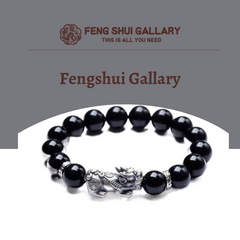Feng Shui philosophy
Philosophical roots of Feng Shui
To a Westerner, many of the specific rules and principles that it teaches may not make any sense. This is partly because of the cultural differences in world view and partly because it is a very old tradition. In what has been handed down, superstition may be completely mixed in with what actually works.
Sheng Chi, Sha Chi
Feng shui is about the flow (Wind) and containment (Water) of chi in our environments. Good Feng Shui involves keeping the chi flowing, but contained. Feng Shui in Cantonese literally means Wind and Water – where Wind disperses and Water contains. It also eliminates and/or deflects the harmful "Sha Chi."
Heaven Chi, Earth Chi and Human Chi.
Feng shui isn't just a buzzword for interior designers and real estate agents: It's an ancient Chinese philosophy that helps people find balance in the way they live their lives by harmonizing their living spaces with nature through spatial design.
Incorporating feng shui goes beyond Western design tenets of comfort or aesthetic. Instead it places emphasis on physical and mental health, success, and healthy relationships, which is brought on through positive energy flow.
Often referred to as the art of placement, in the simplest of terms feng shui is about positioning different elements to optimize “Chi,” or energy. The term is comprised of two words: “feng,” meaning wind and “shui,” meaning water. Not only are these two elements basic and vital to human existence, but they also move and flow around the world.
While the principles of feng shui apply to many elements of life, they are commonly practiced in interior design because the tools used in feng shui analysis can most easily be applied in the context of a home.


